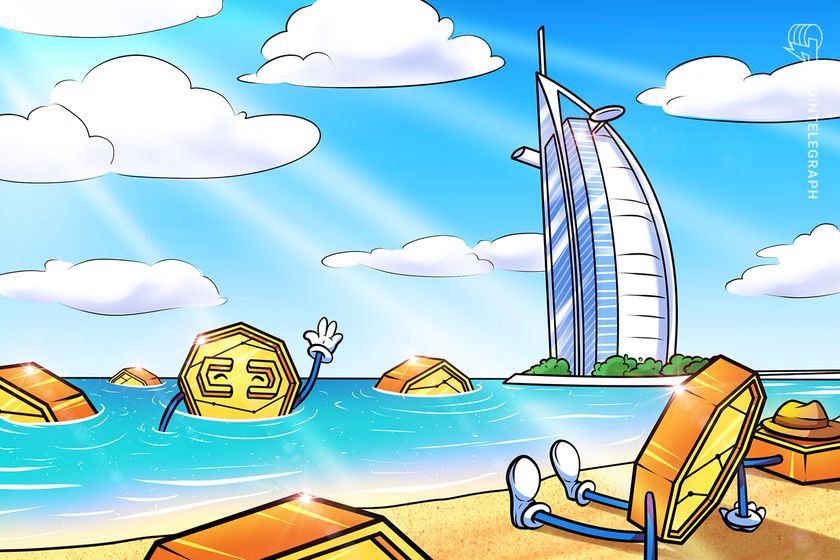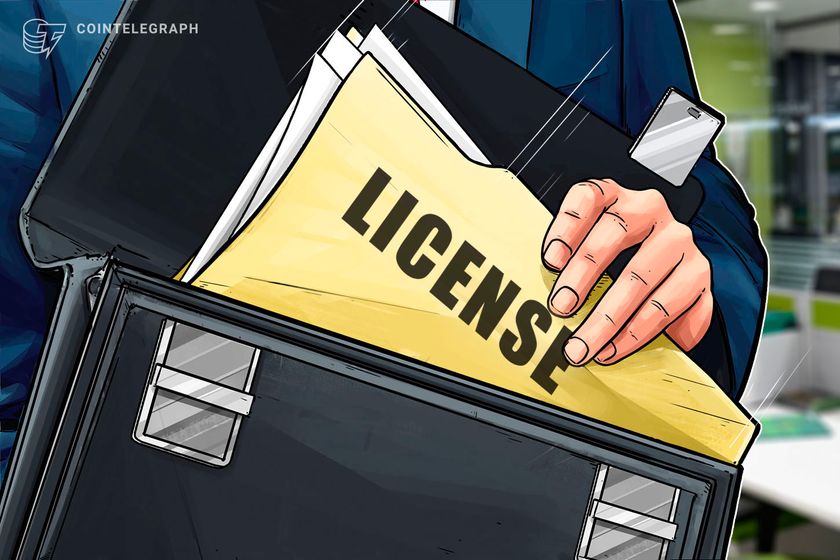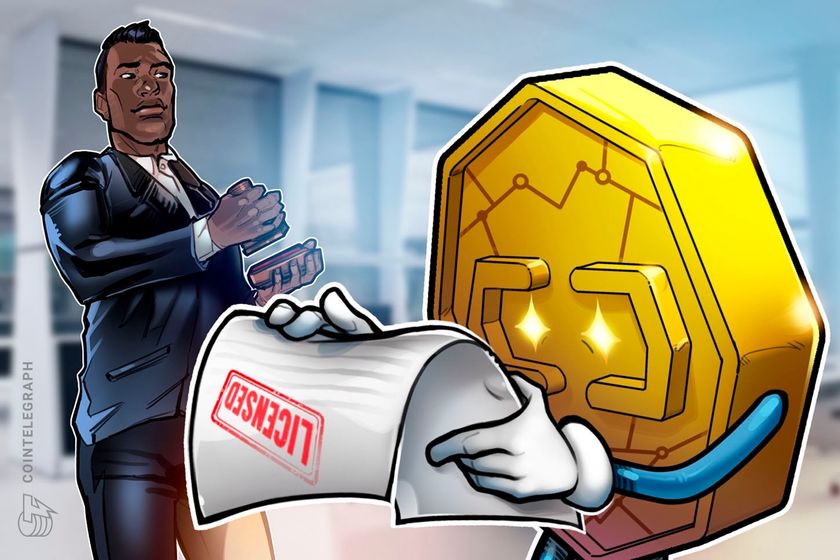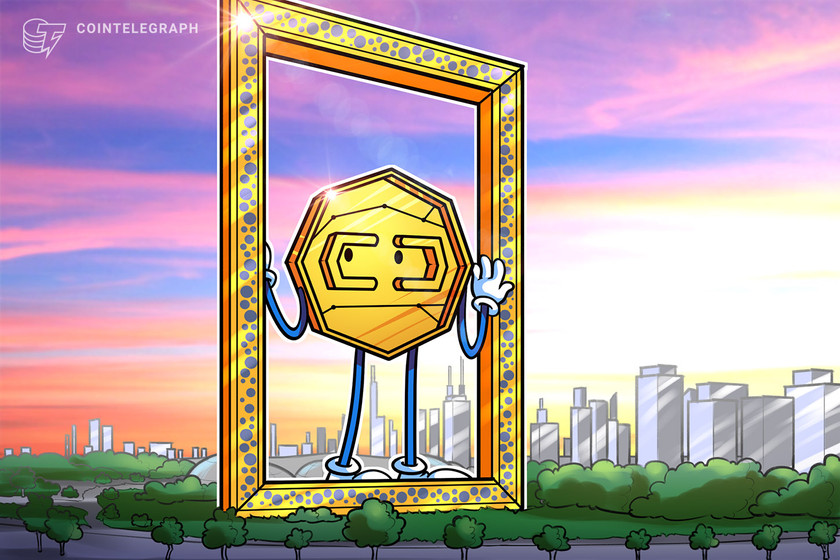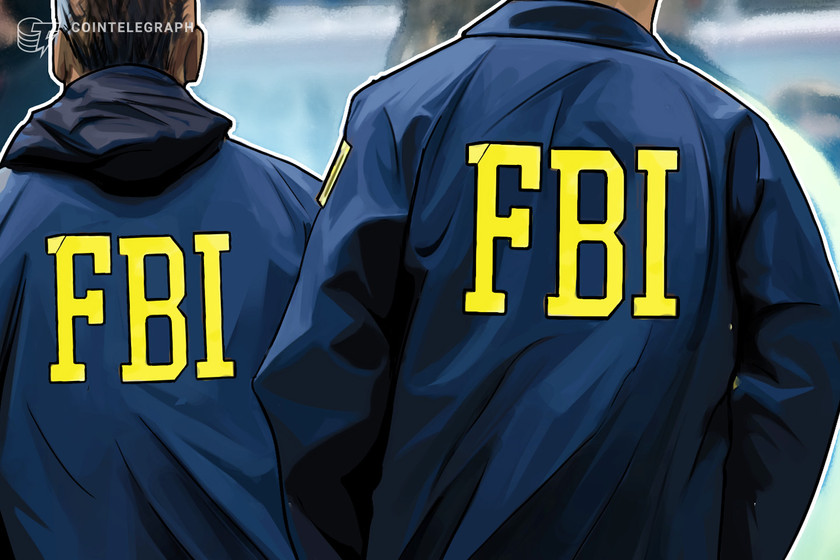Binance, crypto firms optimistic about UAE amid potential US regulatory shift


Ghaf Capital managing partner Feras Al Sadek argued that the UAE’s “regulation by education” sets it apart from other jurisdictions.
Binance and other cryptocurrency firms based in the United Arab Emirates are optimistic that the country will remain a hotspot for virtual assets despite a potential shift to the United States should the Western superpower become a more crypto-friendly jurisdiction.
The “regulation by enforcement” regime in the U.S. has pushed global crypto firms to move to locations such as the UAE, the United Kingdom, Switzerland, and Singapore. However, the idea that companies could potentially return to the U.S. should there be a change in direction was floated during a panel discussion on Dec. 11 at the Global Blockchain Congress event in Dubai.
Highlighting the UAE’s approach toward technology and innovation, Alex Chehade, Binance’s general manager for the Middle East and North Africa, said the local government has built infrastructures around numerous initiatives that encompass not just AI but also Web3, sustainability, and other verticals:

